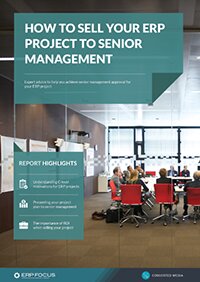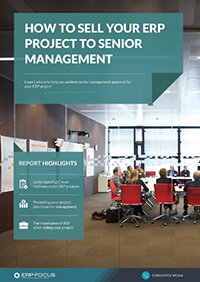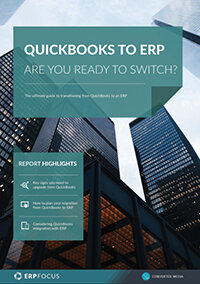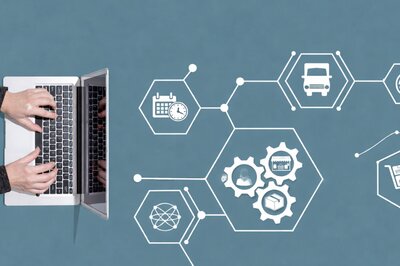4 Signs You Need to Change Your ERP Now
Sometimes the decision whether or not to change ERP systems is easy. You still need to devote the resources to selection and implementation but the choice to act might be made for you.
Your Current ERP Is Ancient
The provider who wrote the original software is out of business. You can continue for a while but there will never be an update or improvement to the ERP. In a similar way, you might have custom-written ERP software or a system that has been so customized over time the original provider would not recognize it. Your IT person who did much of the customization retired three years ago and you haven’t had a reply to your ad for a programmer in that language in months. If either of these describes your ERP, you should change ERP before you have a major crash.
You Notice Reporting Workarounds
There is a lot of data and information buried inside your ERP but no effective way to get it out. You should recognize this as a really serious situation when you see people printing reports to a file and parsing the report lines in a spreadsheet. Today’s ERP systems all provide useful and easy to use tools for the reporting you need ongoing or ad hoc. If you are still using 1990 reporting technology, it is time to change ERP.
You Cannot Fulfill Customer Requests
Maybe you could provide the requirement on a daily batch basis but they asked for real-time data. Remember the rule, “The customer is always right”. If you want to keep that all-important customer, this might be the time to look at a change in your ERP.
Your Business Model Has Evolved
When you bought your current ERP, you were a job shop manufacturer. You still have job shop products. You also have repetitive manufactured products and you are more known today for those. More and more, though, you are buying semi-finished products from outside of the country and customizing them for your customers. That model might be closer to a distributor.
This kind of change can take place under the radar. It changes a little bit at a time and might not be intentional. But you are still in business and making good money. Returning to the original model would lead to lower revenues and profits so there is no going back. But if that job shop ERP isn’t providing the sharp tools you need to stay competitive today, you might consider looking for some new tools.
Whatever your story is, don’t wait until too late. ERP is one of your most important tools you own and you know you won’t get the results you want pounding nails with a pliers.
Free white paper

How to sell your ERP project to senior management
Expert advice to help you achieve approval and funding for your ERP project

Featured white papers
-

Quickbooks to ERP: Are You Ready to Switch?
Get the definitive guide to converting your business from Quickbooks to ERP
Download
Related articles
-

To switch ERP or upgrade ERP: that is the question
When legacy systems fail, the question of whether to switch to a new ERP or upgrade your existing...
-

How the right ERP can help you launch a successful omnichannel business
Petersen Zhu, CEO of DigitBridge and Vibes Base, shares how to create a scalable omnichannel stra...
-

A beginner’s guide to ERP integration
What is ERP integration, why it matters, and more!

